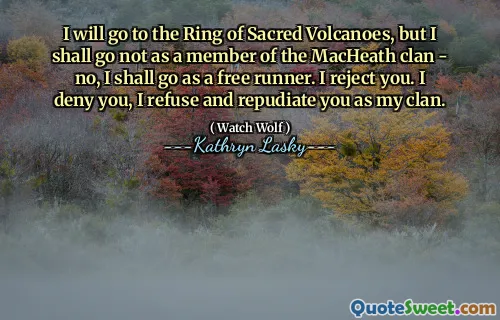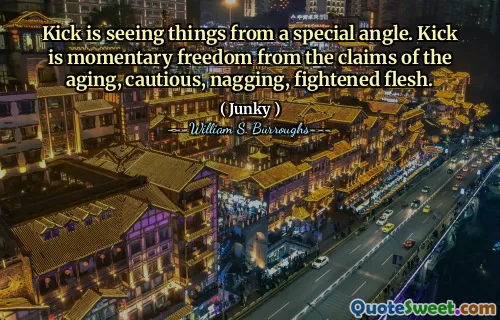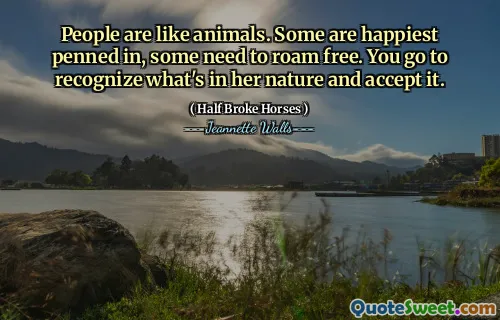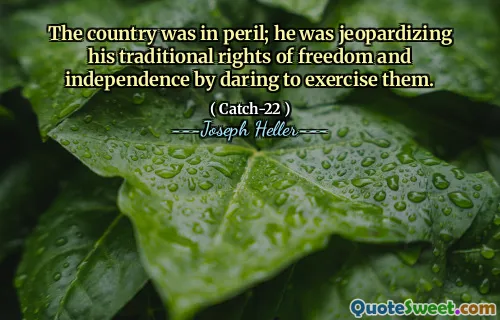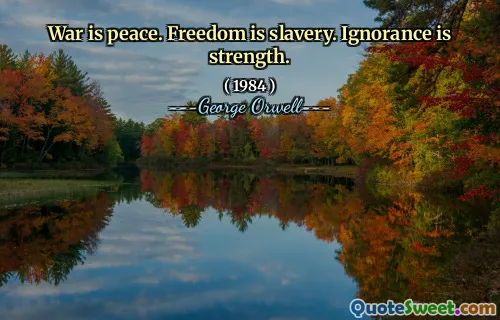
To drive a car in rural America is freedom. Before I had a car, I'd never seen a rock and roll show, I'd never seen a comic or a show.
This quote by Penn Jillette eloquently captures the essence of personal freedom intertwined with the ability to explore and experience life beyond one's immediate environment. The act of driving a car, especially in rural America, symbolizes more than just transportation—it represents autonomy, escape, and the chance to connect with the wider world. Before owning a car, the speaker’s world was limited, almost static, devoid of cultural experiences such as rock and roll concerts or comedic performances. This limitation highlights how mobility affects our exposure to new ideas, entertainment, and social interactions.
The quote also subtly comments on the scarcity of cultural events in rural settings and how transportation becomes a bridge over the physical and metaphorical distances that separate people from diverse experiences. It underscores the broader truth that freedom is often dependent on access—the access to opportunities, to culture, and to social engagement. In many ways, it reminds us how basic privileges, often taken for granted in urban or connected areas, can be absent and deeply impactful elsewhere.
Furthermore, the nostalgic tone gently invites reflection on just how transformative certain freedoms can be. The simple possession of a car allowed Jillette to witness parts of life previously unreachable, illustrating how crucial mobility is to shaping our personal growth and worldview. The quote inspires gratitude for mobility and highlights the profound connection between freedom and accessibility, urging us to consider the broader implications of transportation infrastructure and cultural access for rural communities.






